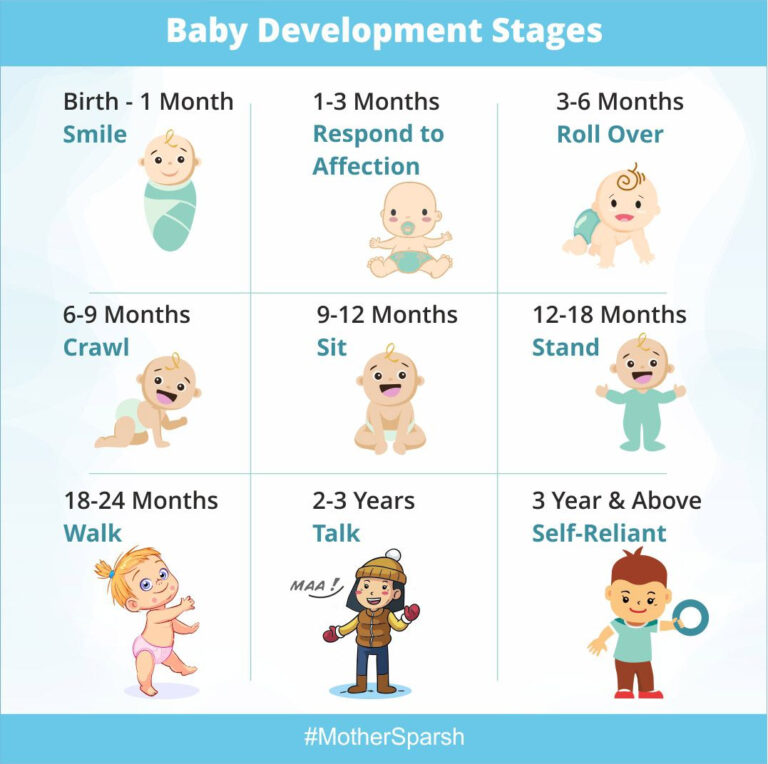11 Month Old Sleep Schedule: A Comprehensive Guide for Parents
As your little one approaches the 11-month milestone, their sleep patterns may undergo significant changes. Establishing a regular sleep schedule becomes crucial to ensure your baby’s optimal development and well-being. This guide will provide you with a comprehensive understanding of the sleep needs, challenges, and effective sleep training techniques for 11-month-olds, empowering you to create a conducive sleep environment that fosters healthy sleep habits.
Understanding the average sleep duration, patterns, and the importance of consistent routines will lay the foundation for a successful sleep schedule. We will delve into the benefits of early bedtimes, regular nap times, and strategies for handling night wakings and transitions to a crib or toddler bed.
11 Month Old Sleep Schedule

Little man or woman, you’re growing up fast! By now, your little one should be sleeping through the night and taking two naps a day. But if they’re not, don’t worry, you’re not alone. Many 11-month-olds still need a little help getting the shut-eye they need.
Establish a Regular Sleep Schedule
The most important thing you can do to help your baby sleep well is to establish a regular sleep schedule. This means putting them to bed and waking them up at the same time each day, even on weekends. A consistent sleep schedule will help your baby’s body get used to sleeping and waking at certain times.
Create a Relaxing Bedtime Routine
A relaxing bedtime routine can help your baby wind down before bed. This could include giving them a warm bath, reading them a story, or singing them a song. Avoid screen time in the hour before bed, as the blue light from screens can interfere with sleep.
Make Sure Your Baby’s Room is Dark, Quiet, and Cool
The ideal temperature for a baby’s room is between 68 and 72 degrees Fahrenheit. The room should also be dark and quiet. You may want to use blackout curtains to block out light and a white noise machine to create a calming environment.
Don’t Be Afraid to Let Your Baby Cry
It’s okay to let your baby cry for a few minutes before going to them. This will help them learn to self-soothe and fall asleep on their own. Of course, if your baby is crying for more than 10 minutes, you should go to them and check to see if they need anything.
Be Patient
It may take some time for your baby to adjust to a new sleep schedule. Be patient and consistent, and eventually they will get the hang of it. And remember, every baby is different, so don’t compare your baby to other babies. Just do what works best for your little one.
Common Queries
How many hours of sleep do 11-month-olds need?
On average, 11-month-olds require around 14-15 hours of sleep per day, including naps.
Is it okay for an 11-month-old to wake up at night?
Night wakings are common at this age, but you can gradually reduce them by establishing a consistent bedtime routine and addressing any underlying causes.
When should I transition my 11-month-old to a toddler bed?
Most babies are ready for the transition between 18 and 24 months, but you can consider it earlier if your child shows signs of climbing out of the crib.





